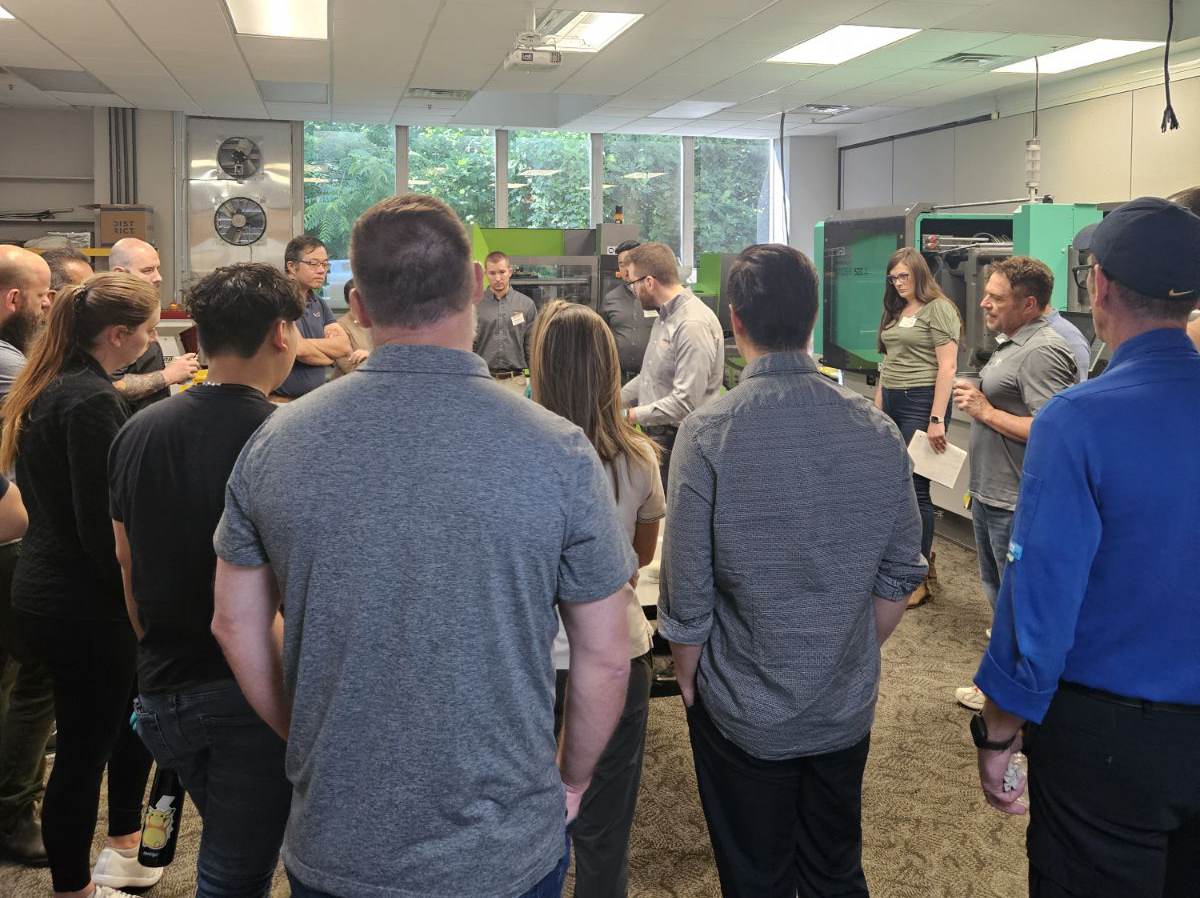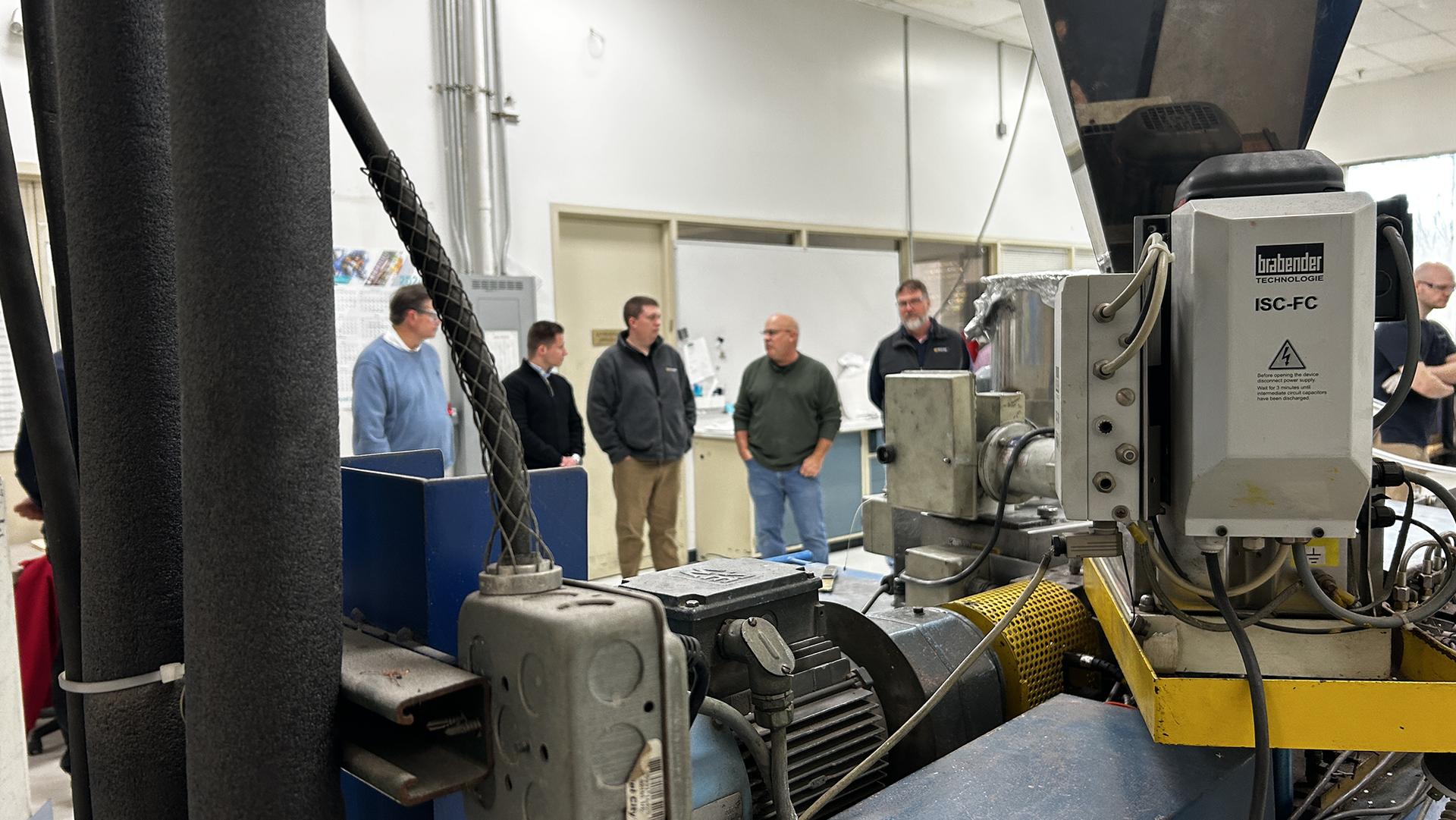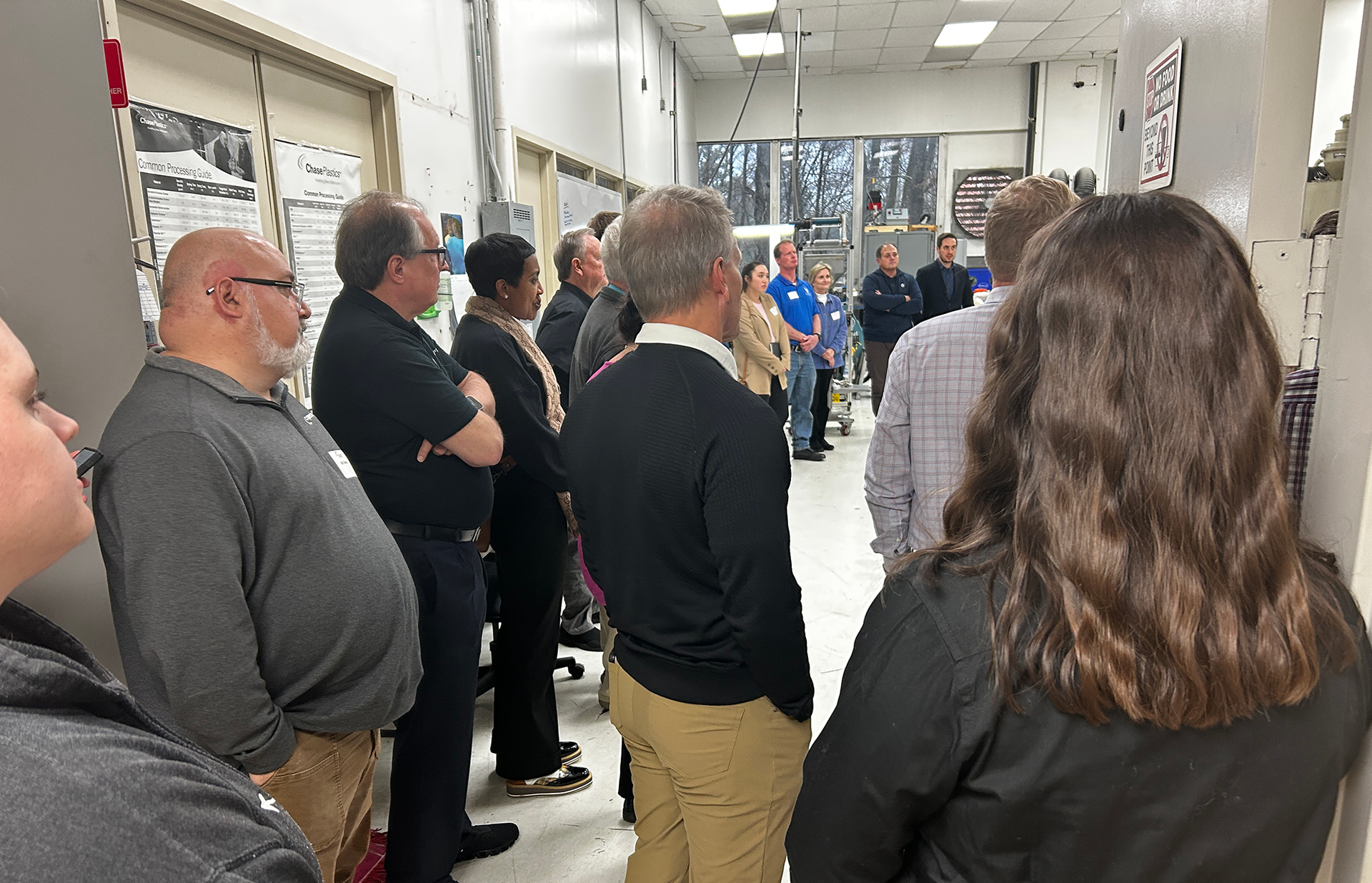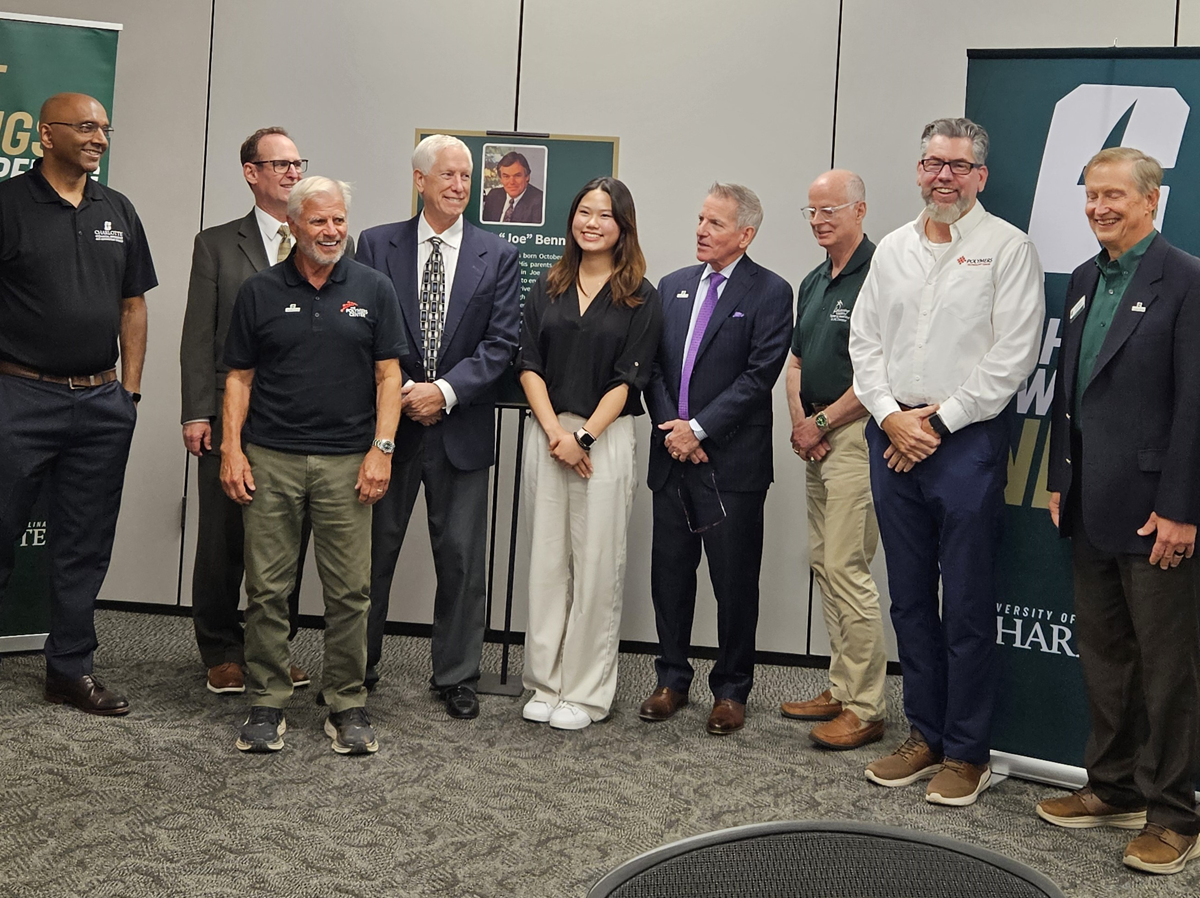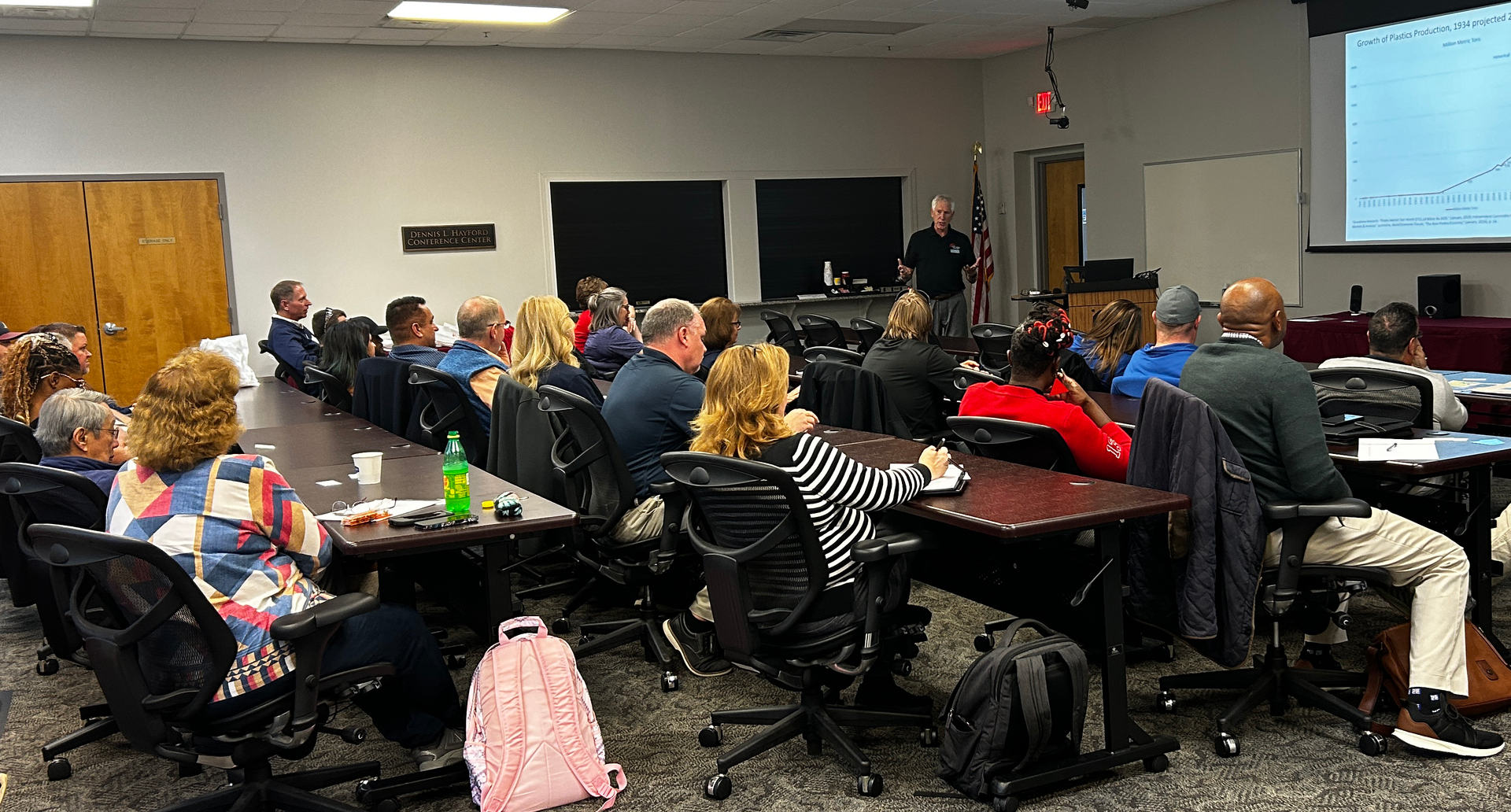Understanding Polymers and Polymer Materials
Polymers are large molecules made up of repeating units called monomers. These molecules can be naturally occurring, such as proteins and DNA, or synthetic, like nylon and polyethylene. The unique properties of polymers make them ideal for a wide range of applications, from flexible packaging materials to tough, impact-resistant composites.
In fact, many everyday objects, including water bottles, car tires, and electronics, rely on polymer materials. The versatility and customizability of polymers have made them a crucial component of modern materials science and engineering.
Scientists and engineers continue to develop new and innovative polymer materials with enhanced properties and improved sustainability, shaping the future of materials technology.
Polymer Engineer vs Polymer Scientist
The main difference between a polymer engineer and a polymer scientist lies in their focus and job responsibilities. A polymer engineer typically works in engineering and is responsible for designing, developing, and improving products and processes that utilize polymers.
They use their knowledge of materials science, chemistry, and engineering principles to create practical solutions for real-world problems. In contrast, a polymer scientist is primarily focused on research and development.
These scientists may work in government or industry. and are responsible for conducting experiments and analyzing data to understand polymers' behavior and properties better.
They often work to discover new materials or improve existing ones and may collaborate with engineers to apply their findings to practical applications.
While polymer engineers and scientists have expertise in polymers, their specific roles and job responsibilities may differ.
Education
Obtaining a robust educational background in the field is essential to embark on a career in polymers. In addition to a solid foundation in chemistry, engineering, and physics, those seeking to specialize in polymers should also take materials science and polymer chemistry courses.
These educational components are crucial in allowing individuals to acquire the necessary knowledge and skills to understand polymers' properties and behavior. A deep understanding of these elements is vital in positioning oneself to identify and develop novel polymers for various industrial applications readily.
Pursuing high-level education in polymers and materials science will undoubtedly serve as an ideal foundation for success in this exciting and rapidly growing field.
Polymer Science and Engineering
Polymer science and engineering is a multifaceted field that plays a crucial role in various industries, such as packaging, automotive, textiles, and biomedicine. It involves studying and manipulating polymers, which are long-chain molecules made up of repeating units.
The field encompasses various research areas, from fundamental polymer synthesis and characterization studies to developing advanced materials and technologies. Polymer scientists and engineers are responsible for designing, testing, and optimizing polymer-based products and processes that meet the needs of society while minimizing their environmental impact.
With the growing demand for sustainable and innovative materials, polymer science and engineering is more important than ever in driving progress and shaping the future.
Product Cost
Most individuals researching about polymers would believe that engineering and scientific research work hand in hand. When polymers are used in product development, we as consumers begin to see the major differences between these roles.
Cost is an important factor in polymer engineering as it influences various aspects of the production, processing, and application of polymers. Cost plays a role in polymer engineering in various phases:
- Material selection: The cost of raw materials can influence the selection of polymers for specific applications. Engineers may choose polymers that are cost effective and offer the desired properties for the application.
- Processing: The cost of processing polymers can also impact their use. Certain polymers may be difficult or expensive to process. This requires specialized equipment or processing conditions, which can add to the overall cost of the product.
- Manufacturing: The cost of manufacturing polymers can affect the overall cost of the product. Production processes that are inefficient or require large amounts of energy can drive up costs, making the final product more expensive.
Where cost effects polymer engineering in a more direct way, scientific research regarding polymers can become cost dependent. Research can be affected in various ways due to cost:
- Research funding: The cost of research can impact the availability of funding for scientific research for polymers. Research projects that are deemed too expensive may not receive funding or may receive less funding. As a result, it can limit the scope of the research.
- Material costs: The cost of materials used in scientific research for polymers can be a significant factor in determining the feasibility of a project. Certain polymers or chemicals may be expensive or difficult to obtain, which can impact the research.
- Intellectual property: The cost of protecting intellectual property can also be a factor in scientific research for polymers. Patenting and licensing costs can be significant and can impact the ability of researchers to commercialize their work.
Learn More about Polymers with Us
The Polymers Center is a non-profit organization that provides a range of services to the polymer industry, including training and product testing.
These services include polymer processing, analysis, testing, and training. Our team also provides education programs for those seeking to expand their knowledge in the field. The Polymers Center prides itself on delivering high-quality results while adhering to the highest safety and efficiency standards.
We offer a variety of training courses designed to meet the needs of individuals and companies in the polymer industry, from basic polymer science to advanced processing techniques. The Polymers Center also provides product testing services to help companies evaluate and improve their products.
Our testing facilities include equipment for mechanical testing, thermal analysis, and microscopy, among others.
To learn more about the training and product testing services offered by the Polymers Center, you can visit their website or contact us directly. Our experienced team can help you identify the services that are most relevant to your needs and provide you with the support you need to achieve your goals.

